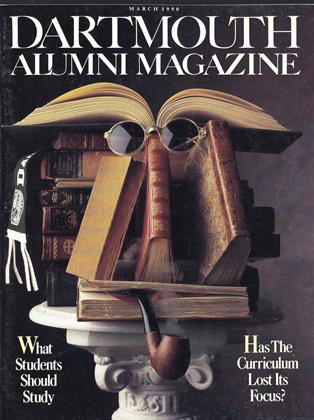Nathanael West, Miss Lonely hearts (Liveright, Inc., 1933). West wrote only four books before he died in an automobile accident at age 36. This one is about an advice-to-the-lovelorn newspaper columnist. As he realizes that the letters he receives have been written by desperate people who have no one else to turn to for solace, he is drawn into the pathos of their fates and is destroyed finally by this involvement. Miss Lonelyhearts is rare in the somberness of its pessimism and the savagery of its psychological insight.
Saul Friedlander, When Memory Comes (Farrar, Straus, Giroux, 1979). "I was born in Prague at the worst possible moment, four months before Hitler came to power." So begins Friedlander's haunting autobiography. His parents fled Czechoslovakia when he was seven and placed him in a Catholic seminary in France, which undertook to prepare him for the priesthood. As World War II is ending and Liberation comes, he discovers his real identity that he is the son of Jewish parents and passes through a profound intellectual and emotional crisis. Abandoning his Catholic vocation, he stows away on a ship bound for the newborn land of Israel, and there he begins a new life. Friedlander now teaches history at the University of Tel Aviv and the University of Geneva. I know few autobiographies so rich in insight, so filled with moral searching, so honest and effective in describing the dilemmas of adolescence.
Frank Conroy, Stop-time (Viking, 1967). Conroy's delicate memoir of coming of age describes the experiences with which all adolescents must grapple: family conflict, friendship, love, sexual awakening. It is one of the best books of its kind. On a personal note, long after reading Stop-time, I had the pleasure of appointing Frank Conroy to be director of the University of lowa's Writers' Workshop.
Albert Camus, The Plague (Knopf, 1948). Perhaps more than any other contemporary writer, Camus guided my generation of undergraduates in the exploration of the problem of evil and moral choice. In this powerful allegory about an epidemic of bubonic plague that afflicts the Algerian city of Oran, Camus addresses the most profound questions of human existence. How can a person find meaning in combating an unexplained evil that is so much larger than he can possibly handle? How can he ascertain the moral worth of his efforts when the task is so daunting, so overwhelming and, in Camus's word, so absurd?
Edwin O'Connor, The Last Hurrah (Little, Brown, 1956). This witty and charming novel about Frank Skeffington and his final campaign for reelection as mayor of Boston is in fact the tale of the redoubtable James Michael Curley and the rough and tumble of Boston politics in the 1920s and 19305. When the book was first published, Mayor Curley insisted that it was not about him. But as the book drew more and more admiration and readers embraced Frank Skeffington with affection, Curley softened and finally conceded his secret gratification that the book just might be a celebration of his career.
 View Full Issue
View Full Issue
More From This Issue
-
 Cover Story
Cover StoryDartmouth's Steady Course
March 1990 By James Wright -
 Feature
FeatureA Hero to Europe
March 1990 -
 Feature
FeatureADDICTED TO CONVERSATION
March 1990 By Clayton G. Gates '90 -
 Feature
FeatureANCIENT PAGE TURNERS
March 1990 By JONI COLE AND LEE MICHAELIDES -
 Feature
FeatureThe Purpose Gap
March 1990 -
 Feature
FeatureAn Elegant Backwater
March 1990 By Clayton G. Gates '90
Article
-
 Article
ArticleAlumni Articles
February 1950 -
 Article
ArticleRoberts departs for Harvard
NOVEMBER 1986 -
 Article
ArticleOnline catalog ushers in age of library automation
JANUARY/FEBRUARY • 1987 -
 Article
ArticleSoccer
OCTOBER 1967 By ALBERT C. JONES '66 -
 Article
ArticleThayer School
APRIL 1963 By EDWARD S. BROWN '35 -
 Article
ArticleWith the Players
June 1938 By Sidney B. Cardozo Jr.

